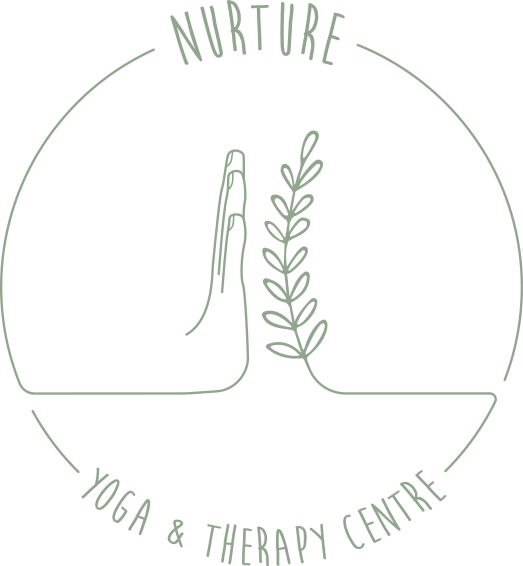Hi, I’m Kerry, a counsellor at Nurture, and I just wanted to talk about a few things that might
cross your mind if you are considering counselling. Perhaps the idea of counselling feels a little
daunting, so this post might help demystify the process.
Firstly, it feels important to mention that there are different approaches to counselling, which you
may have heard of before, such as person-centred, cognitive behavioural therapy (CBT), and
psychodynamic, to name a few.
My approach to counselling is Person-Centred which is humanistic. In a nutshell, person-
centred counselling is a holistic talking therapy which focuses on the whole person, not just the
symptoms. Person-Centred counselling puts the trust in the client that they know, deep down,
what is best for them.
With that said, I am writing this from a person-centred perspective. So, here are some thoughts
people may experience before beginning counselling:
1. I might be judged
This is quite a common worry, and it might feel quite intimidating to sit with your counsellor and
wonder what they’re thinking, but rest assured your counsellor is not there to judge you and will
aim to be totally authentic and transparent and put you at ease so you can build a trusting
relationship together. Remember, there is no right or wrong way in counselling, and what you
choose to bring is totally okay; whether you feel you want to talk, whether you are silent, all of it
is okay. Trust the process. Hopefully, you will experience a feeling of warmth, respect and
safety with your counsellor, so you feel able to bring all aspects of yourself to the counselling
space. From a person-centred perspective, the counsellor’s motive is to be with you, alongside
you, they are not there to analyse you. They are there to assist you in working things out for
yourself, at the pace you set. This is your space for you to use how you want to.
2. What if I uncover things I’m not ready for?
It is natural to feel a little resistance when opening up about your experiences and feelings,
especially if you are saying them out loud for the first time.
Your counsellor should be sensitive to this and will not pressurise you to explore anything you
don’t want to. I suppose in some ways, your counsellor offers you a mirror, to allow you to be
curious and look at yourself from different perspectives. They won’t introduce anything new or
jump to conclusions, they will perhaps help you to notice things you are bringing to the
counselling room in a gentle and tentative manner. Most importantly the counselling process is
at your pace; just as a butterfly will break out of its cocoon when it is ready. Nobody can force or
hurry that process along, it is a natural unfolding. Ok, perhaps at times it may feel challenging,
but more often than not, there can be a feeling of relief and a weight lifted.
Does counselling mean I can’t cope?
Some people may feel having counselling is a sign that they are not coping, but it is quite the
opposite. Firstly, I think it could feel quite difficult to reach out and ask for help, so it is a rather
courageous move. Secondly, I believe, it is an act of self-care and love to prioritise your needs
and wellbeing, so well done!
Also, we can sometimes tie ourselves in knots when we have thoughts whirring around our
heads with nowhere for them to go. Often, just being able to share your thoughts and feelings
and allow them to be heard and felt can help you to gain a sense of relief, clarity, and
movement. Often, the counselling process can help you to feel empowered and gain a deeper
understanding of yourself which can have a positive impact on your daily life.
So, if you’re thinking about counselling then I hope this has helped a little in knowing what to
expect from person-centred therapy.

